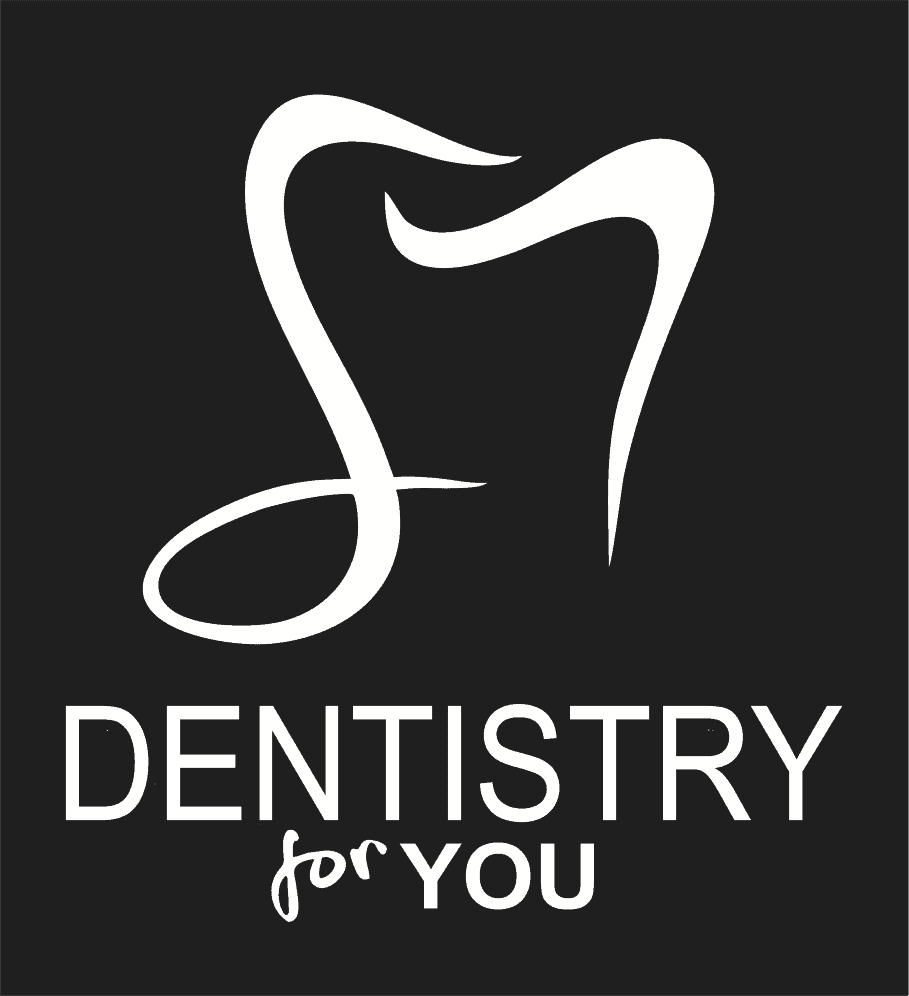
20 Feb The Surprising Link Between Dental Health and Heart Health
Maintaining good oral hygiene is often associated with preventing cavities and gum disease, but did you know that your dental health could also impact your heart? Research has shown a strong connection between oral health and cardiovascular health, highlighting the importance of maintaining a healthy mouth for overall well-being.
Neglecting dental care can contribute to serious health complications, including heart disease. In this article, we’ll explore how oral health affects heart health, the science behind the connection, and what steps you can take to protect both your teeth and your heart.
Understanding the Oral-Systemic Connection
The mouth is the gateway to the body, and what happens in your oral cavity can influence your overall health. Your mouth is home to millions of bacteria, both beneficial and harmful.
When proper oral hygiene is neglected, harmful bacteria multiply, leading to issues like cavities, gum disease, and infections. These bacteria don’t just stay in the mouth – they can enter the bloodstream and travel to other parts of the body, including the heart.
Inflammation plays a key role in this connection. Conditions like periodontal (gum) disease cause chronic inflammation in the mouth. This inflammation can trigger systemic effects, including an increased risk of heart disease.
By taking care of your oral health, you are also reducing inflammation in the body and lowering your risk of cardiovascular problems.

How Gum Disease Affects Heart Health
Periodontal disease, a severe form of gum disease, is one of the primary links between oral and heart health. Gum disease occurs when plaque, a sticky film of bacteria, builds up on the teeth and gums.
Over time, if not properly removed through brushing and flossing, plaque hardens into tartar, leading to gum inflammation, infection, and ultimately, gum recession and tooth loss.
The bacteria from gum disease can enter the bloodstream and contribute to the buildup of plaque in the arteries – a condition known as atherosclerosis.
Atherosclerosis narrows the arteries and increases the risk of heart attacks and strokes. Studies have found that individuals with periodontal disease have a higher risk of developing cardiovascular disease than those with healthy gums.
Additionally, gum disease can cause an increase in C-reactive protein (CRP) levels, which are markers of inflammation in the body. Elevated CRP levels are associated with a higher risk of heart disease, as inflammation plays a key role in the development and progression of cardiovascular conditions.
The Role of Bacteria in Cardiovascular Disease
Harmful oral bacteria don’t just cause tooth decay and gum disease – they can also contribute to serious heart conditions.
When bacteria enter the bloodstream through inflamed or infected gums, they can attach to the walls of blood vessels and contribute to the formation of arterial plaques. These plaques can restrict blood flow, increasing the risk of heart attacks and strokes.
Some bacteria commonly found in the mouth, such as Streptococcus and Porphyromonas gingivalis, have been linked to endocarditis, a potentially life-threatening infection of the inner lining of the heart.
This condition occurs when bacteria from the mouth travel through the bloodstream and infect the heart’s valves. Individuals with pre-existing heart conditions or weakened immune systems are particularly at risk.

Other Oral Health Conditions That May Affect the Heart
While gum disease is one of the most well-known connections to heart health, other oral health issues can also contribute to cardiovascular problems.
- Tooth Infections: Untreated cavities and abscessed teeth can lead to bacterial infections that spread beyond the mouth. In some cases, these infections can enter the bloodstream and cause systemic inflammation, increasing heart disease risk.
- Dry Mouth (Xerostomia): Saliva plays a crucial role in neutralizing acids and washing away harmful bacteria in the mouth. A lack of saliva due to dry mouth can create an environment where bacteria thrive, potentially leading to gum disease and infections that affect heart health.
- Tooth Loss: Studies have suggested a correlation between missing teeth and an increased risk of heart disease. Tooth loss is often a result of severe gum disease, which, as discussed, is linked to cardiovascular issues.
Who Is Most at Risk?
While everyone should prioritize oral health, some individuals may be at higher risk of developing both gum disease and heart disease. Factors that increase the likelihood of these conditions include:
- Smoking: Tobacco use significantly increases the risk of both periodontal disease and heart disease.
- Diabetes: People with diabetes are more susceptible to gum disease, which in turn can increase the risk of heart disease.
- Poor Oral Hygiene: Infrequent brushing, flossing, and skipping dental check-ups can lead to plaque buildup and gum disease.
- Family History: A genetic predisposition to either gum disease or heart disease can increase the likelihood of developing both.
- High-Stress Levels: Chronic stress can weaken the immune system and contribute to inflammation, affecting both oral and heart health.
How to Protect Your Oral and Heart Health
The good news is that maintaining good oral hygiene can play a crucial role in reducing your risk of heart disease. Here are some key steps to take:
1. Brush and Floss Daily
2. Schedule Regular Dental Check-Ups
3. Maintain a Heart-Healthy Diet
A balanced diet rich in fruits, vegetables, whole grains, and lean proteins can promote both oral and heart health. Limiting sugar intake can reduce the risk of cavities and gum disease, while reducing saturated fats and processed foods can support cardiovascular health.
4. Quit Smoking
Smoking is a major risk factor for both gum disease and heart disease. Quitting smoking can significantly lower your risk and improve overall health.
5. Manage Stress
Chronic stress can contribute to both gum disease and heart disease by increasing inflammation in the body. Practice stress-reducing techniques such as exercise, meditation, deep breathing, and adequate sleep.
Conclusion
Your oral health and heart health are more connected than you might think. The bacteria and inflammation associated with gum disease can contribute to serious cardiovascular conditions, making dental care an essential part of overall health maintenance.
By practicing good oral hygiene, attending regular dental check-ups, and making heart-healthy lifestyle choices, you can protect both your smile and your heart.
Taking care of your teeth isn’t just about a beautiful smile – it’s about a healthier, longer life. So, make your dental health a priority, and in doing so, you’ll also be investing in your heart health.





Sorry, the comment form is closed at this time.